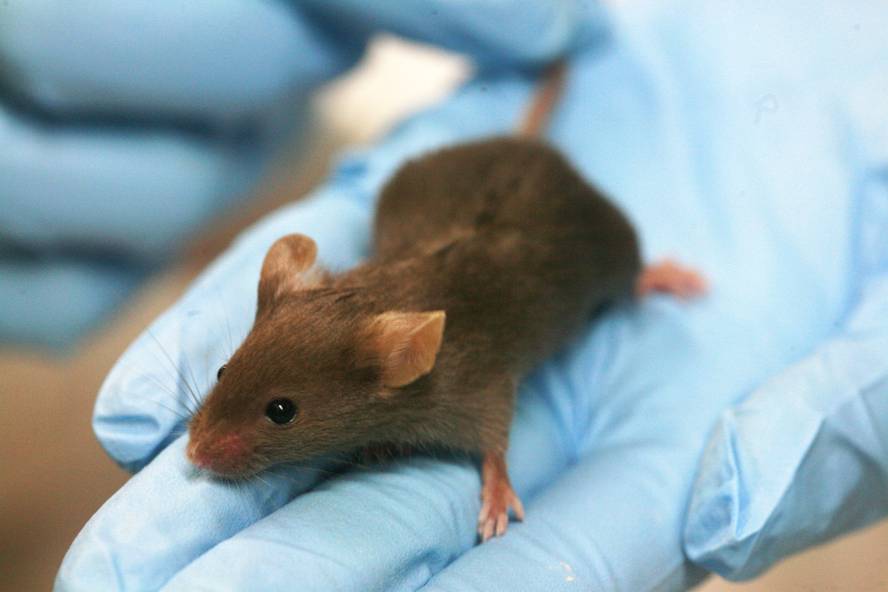They have shown that the smell of males causes stress in mice and laboratory rats
Listening to worm odors, and therefore the fact that the researcher is man, causes stress in mice and laboratory rats. This has been deduced by the team led by Jeffrey Mogil McGill University researcher, measuring the responses of mice and rats to researchers of different sexes. It has been warned that this phenomenon has a clear incidence in medical studies, so it is proposed that it should be a factor of recognition of the sex of researchers.
The article has been published in the journal Nature Methods, where it is explained that when researchers are men, mice and rats feel less pain than when they are women. According to the sex of the researcher, a difference of 40% in the pain scale was observed. It seems that before some had seen that this happened in several investigations, but so far no one had studied the phenomenon specifically. Now, in addition to confirming the phenomenon, Mogil's team has investigated to what extent and why it occurs.
Experimentally, they have shown that relieving pain before men is not related to the mechanism of pain, but to stress. That is, the fact that the researcher is a man does not have an analgesic effect, but is an extractor. This stress decreases during a time the pain. They have shown it by measuring the level of cortisol in mice and rats (also known as stress hormone).
However, the researchers have found that to increase the level of cortisol it is not necessary for the researcher to be present: it is enough that there is a t-shirt used by a man or that the perfume of the arm is poured. Furthermore, males of other species, such as cats, mice or goats, have a similar influence to males.
In view of the magnitude of the effect of the worm smell, researchers have advised that they take it into account to correct possible deviations in medical studies.






